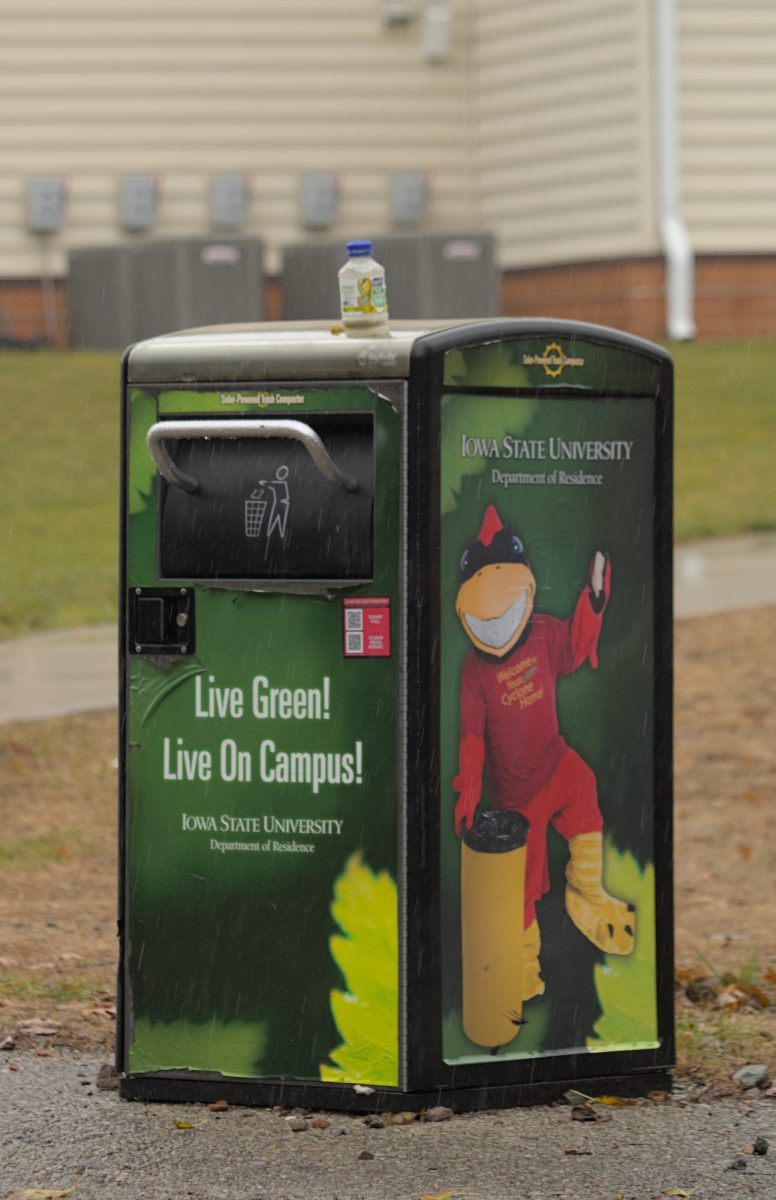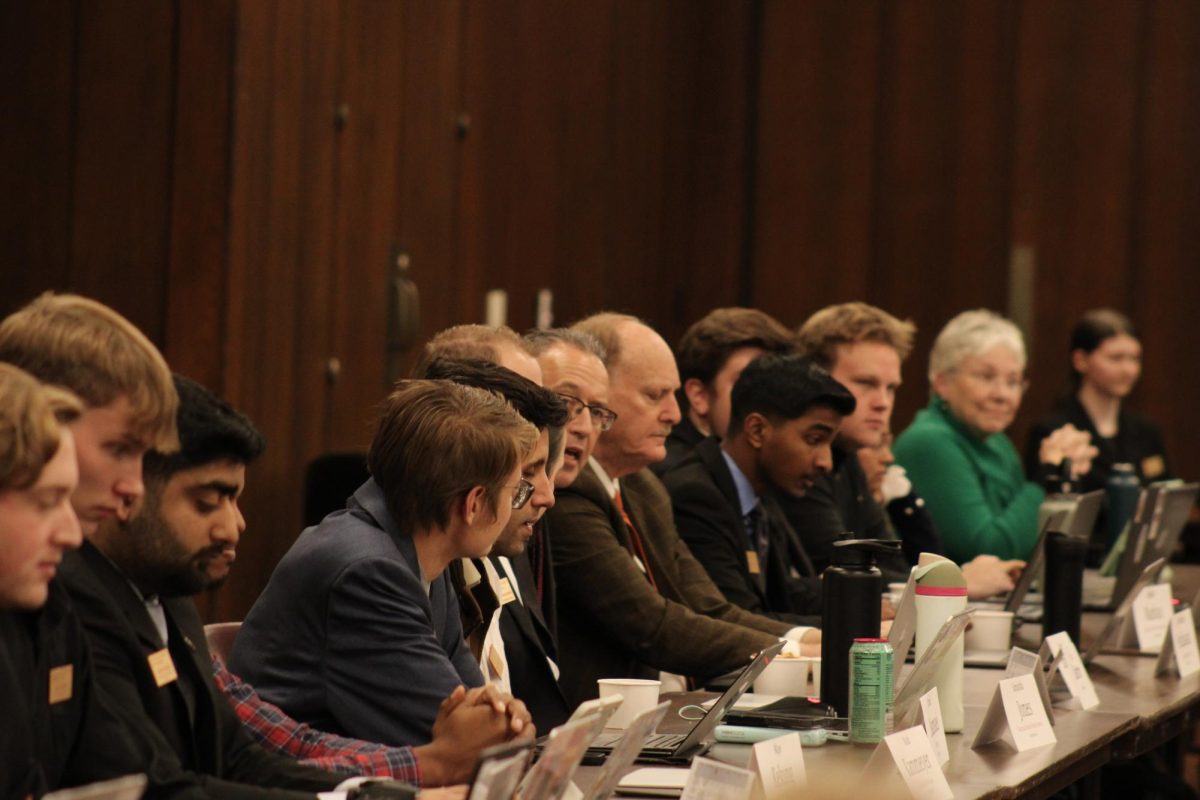COLUMN:If you can’t trust the DMV .
November 26, 2001
Placebo: Something of no intrinsic remedial value that is used to appease or reassure another.
Like many students this time of year I had the unique “joy” of using our nation’s airports to get home and see my family this Thanksgiving. While many accounts of the Gestapo airports had been given on the news, I’d assumed most of these were at least moderate exaggerations.
I was wrong.
When I’d checked in for my flight, little seemed out the ordinary until I reached the security terminal, whereupon I was greeted by no less than three National Guard members all bearing M-16s, barking out orders as if martial law had been declared. For a moment, the idea of this almost made me feel safer in the airport. After coming to my senses, I realized this new security measure was a complete charade. After all, when is the last time a would-be hijacker stormed a plane from the security checkpoint?
Rather, the problem is on the plane itself, where law-abiding passengers are completely disarmed and the fact is openly advertised. (If you don’t think this is such a problem, I dare you to walk through a high-crime area at night some time with a sign openly advertising that you’re unarmed – essentially the same idea.)
Solutions such as this amount to an expensive placebo that does little more to enhance security than an iron gate on a fence with gaping holes. Moreso, they invite an absolutely false sense of security, setting us up to be blindsided the next time a terrorist exploits a weakness in the system.
However, solutions such as posting National Guard troops at airports are only the beginning. Congress now has managed to strong-arm the President into signing a “compromise” bill making airport security personnel federal employees. While it is admirable to at least focus on the right area (passenger screening), federalizing the security workforce would do little or nothing to improve airport safety.
For instance, imagine taking the staff of your local Department of Motor Vehicles and having them screen baggage. Now make it almost impossible to fire them.
This is what federalization amounts to. It has been a well-known fact for years that our system of federal employees has proved inferior if only due to its bloated bureaucratic nature and the near-impossibility of firing problem employees.
Like it or not, the fear of losing one’s job proves to be an excellent motivator toward meeting high expectations of job performance. In other words, when you can fire people at will and don’t hesitate to do so, generally people can be expected to work harder if they value having a job.
Furthermore is the issue of liability. One of the reasons our system of airport security has become so dilapidated is one of accountability. Every time something goes wrong, no one is held accountable for the error.
While it is understandable that pointing fingers in a time of national crisis is counterproductive, weeding out the weak links in the system is critical for its (and our) survival. Yet with airports already run by strict FAA regulations and now becoming federal institutions, there is no sole culprit when a security lapse allows innocent people to die. The airports point the finger at the FAA while the FAA points it right back at the airports, and life goes on.
This is not good enough.
A better system would be a privatized system with full civil liability. While most (rightfully) grimace when they consider the litigiousness of our society today, suing has proven not only to be one of the most effective ways of getting things done, but of giving incentive to head off problems in the system to begin with.
Any company managing an airport that had full civil liability over incidents resulting from failures in their security has a critical incentive to ensure safety. After all, the civil consequences of a major incident coming from one of their airports would be enough to bankrupt them. The current system provides no such disincentive from error – airports like O’Hare and Atlanta can prove to be security nightmares time and time again with little or no consequences.
Like any other citizen or corporation, airports not only must be held accountable for the impact of their mistakes, but more importantly they need to be able to remedy these problems in the most efficient way possible. As time and time again has proved, the federal government is not the way.
Steve Skutnik is a senior in physics from Palm Harbor, Fla.






